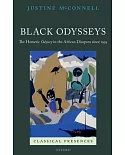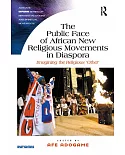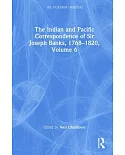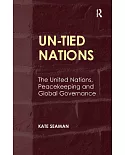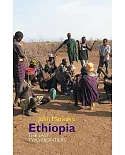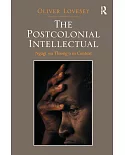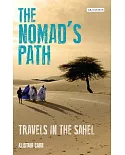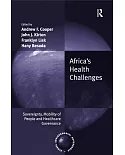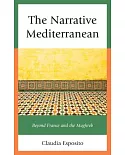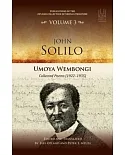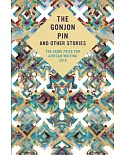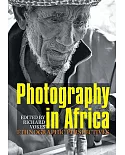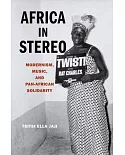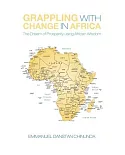The second half of the twentieth century saw the publication of massive amounts of literature on Nigeria by Nigerian and non-Nigerian historians. This volume reflects on that literature,
focusing on those works by Nigerians in the context of the rise and decline of African nationalist historiography. Given the diminishing share in the global output of literature on Africa by
African historians, it has become crucial to reintroduce Africans into historical writing about Africa. As the authors attempt here to rescue older voices, they also rehabilitate a stale
historiography by revisiting the issues, ideas, and moments that produced it. This revivalism also challenges Nigerian historians of the twenty-first century to study the nation in new ways, to
comprehend its modernity, and to frame a new set of questions on Nigeria's future and globalization. In spite of current problems in Nigeria and its universities, that historical scholarship on
Nigeria (and by extension, Africa) has come of age is indisputable. From a country that struggled for Western academic recognition in the 1950s to one that by the 1980s had emerged as one of
the most studied countries in Africa, Nigeria is not only one of the early birthplaces of modern African history, but has also produced members of the first generation of African historians
whose contributions to the development and expansion of modern African history is undeniable. Like their counterparts working on other parts of the world, these scholars have been sensitive to
the need to explore virtually all aspects of Nigerian history. The book highlights the careers of some of Nigeria's notable historians of the first and second generation. Toyin Falola is
Frances Higginbotham Nalle Centennial Professor of history at the University of Texas at Austin. Saheed Aderinto is assistant professor of history at Western Carolina University.


